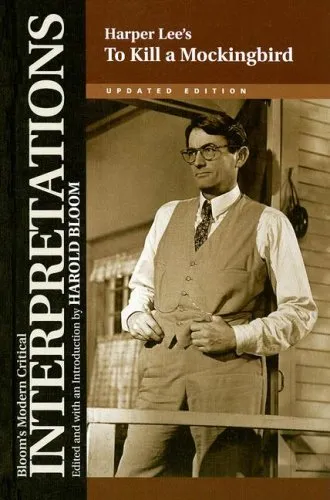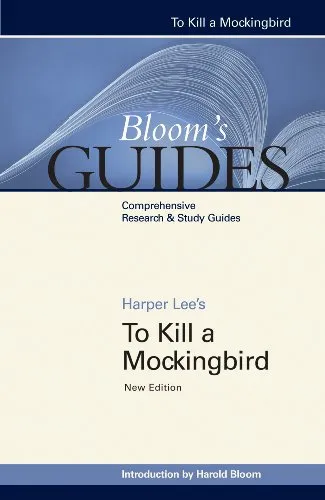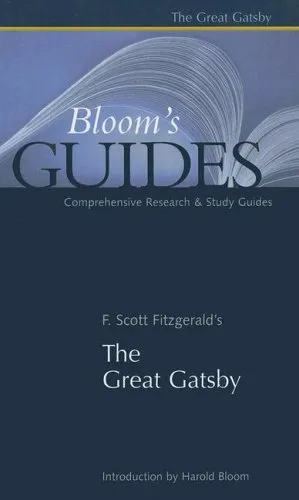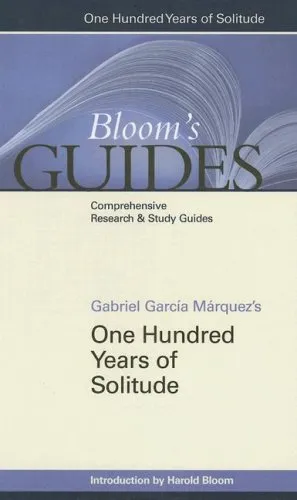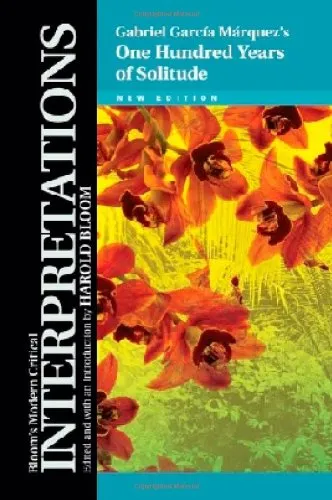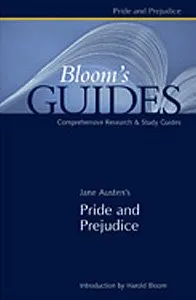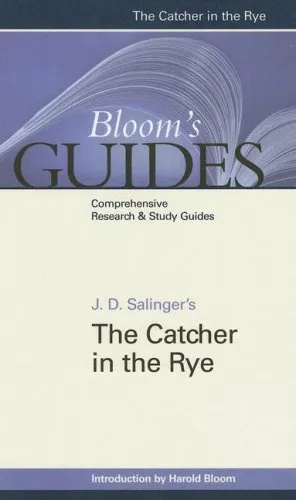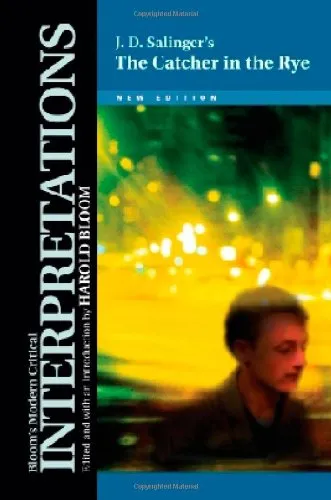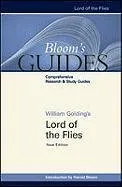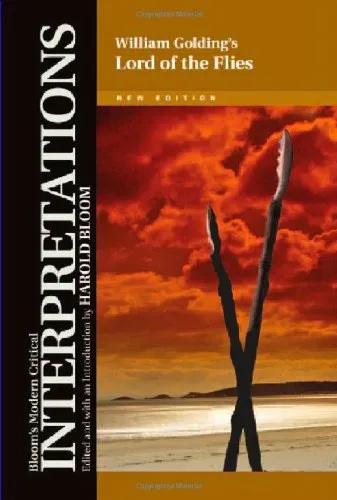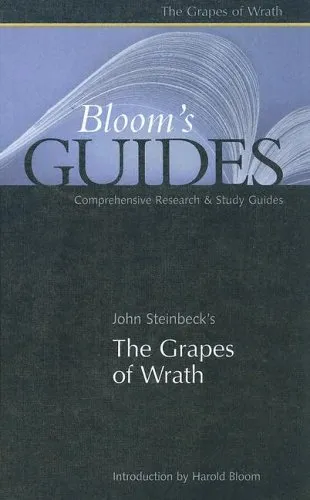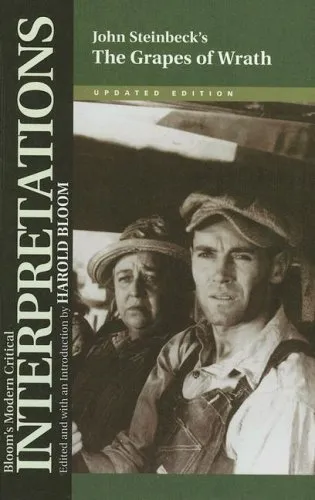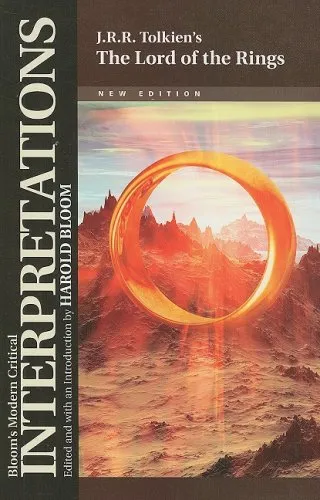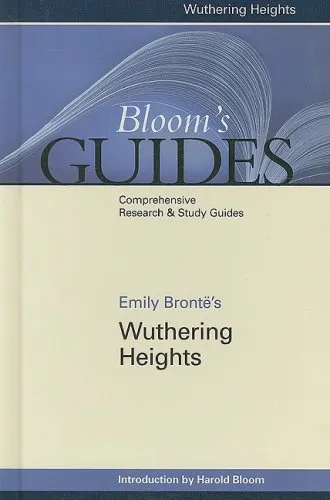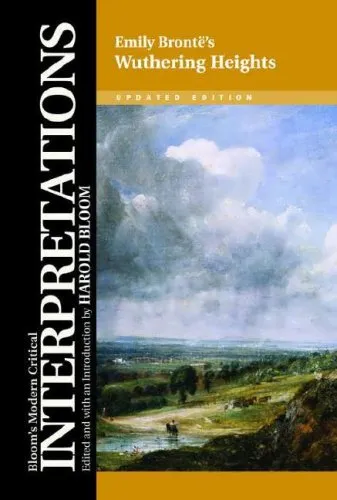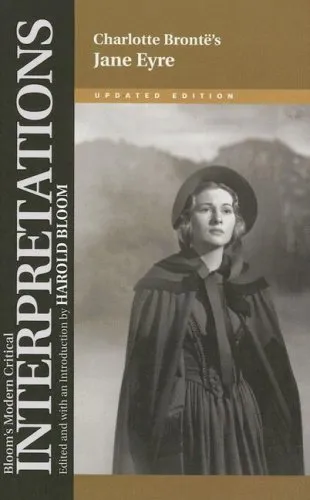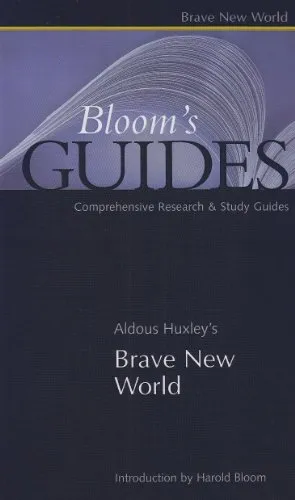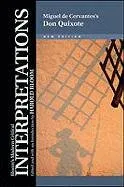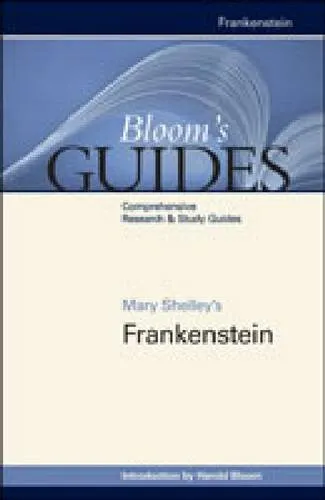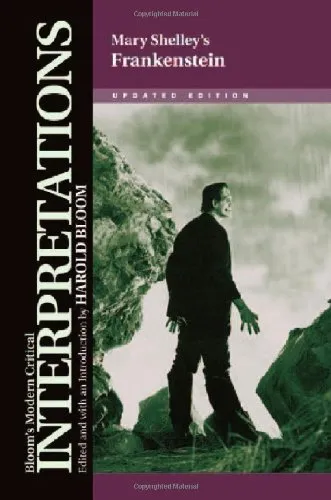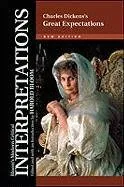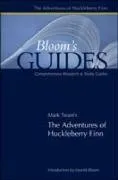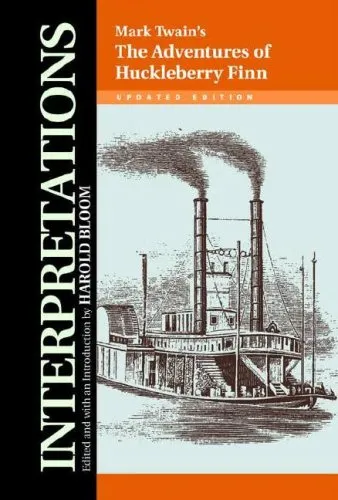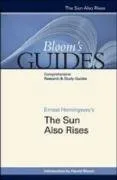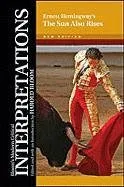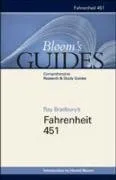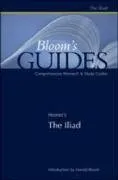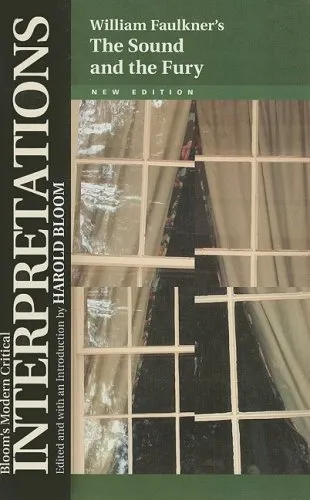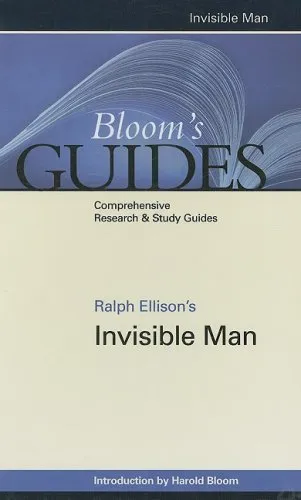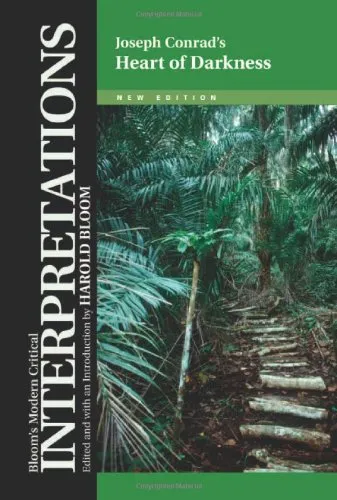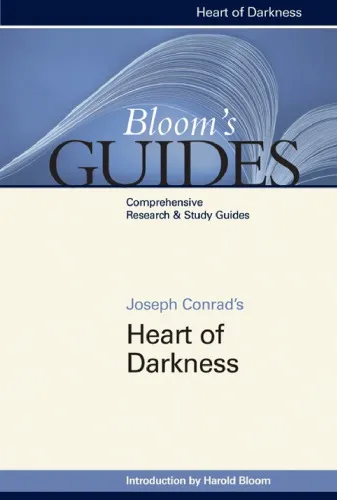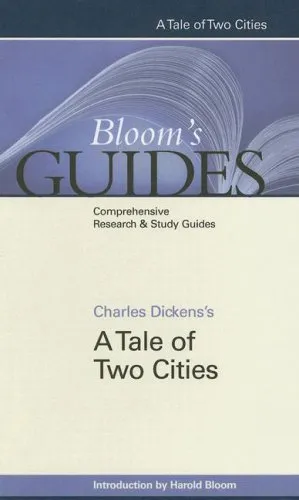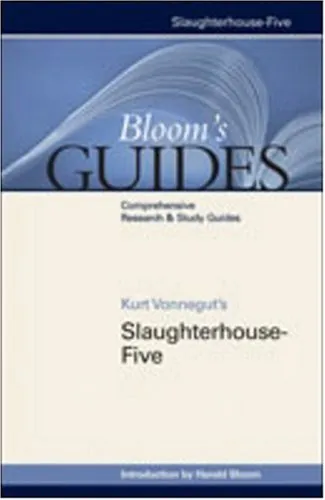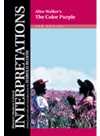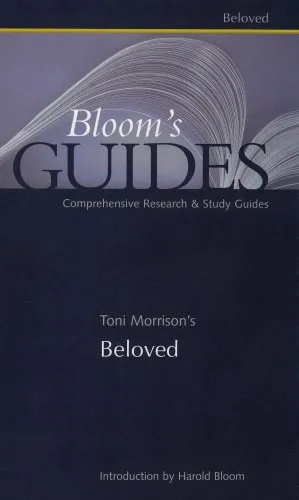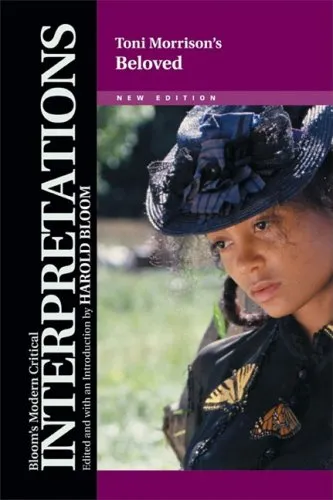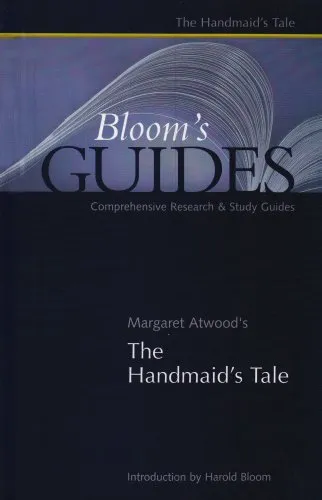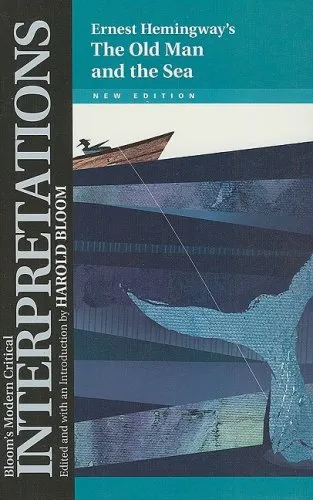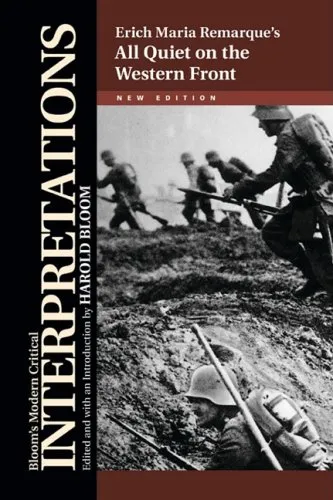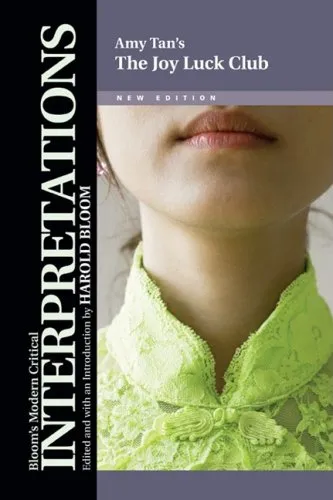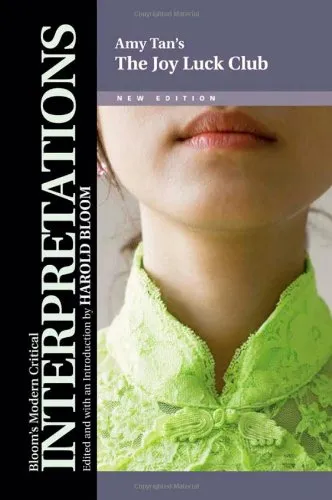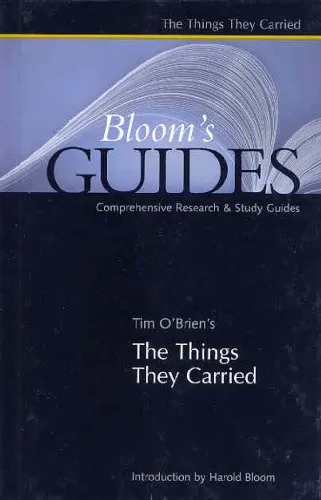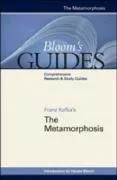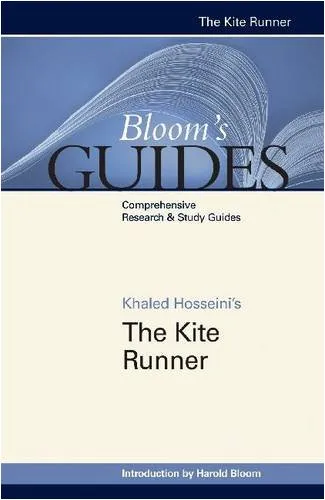Harper Lee's To Kill a Mockingbird (Bloom's Modern Critical Interpretations)
4.4
بر اساس نظر کاربران

شما میتونید سوالاتتون در باره کتاب رو از هوش مصنوعیش بعد از ورود بپرسید
هر دانلود یا پرسش از هوش مصنوعی 2 امتیاز لازم دارد، برای بدست آوردن امتیاز رایگان، به صفحه ی راهنمای امتیازات سر بزنید و یک سری کار ارزشمند انجام بدینکتاب های مرتبط:
Persian Summary
معرفی کتاب
کتاب «Harper Lee's To Kill a Mockingbird (Bloom's Modern Critical Interpretations)» یکی از آثار ارزشمند و تحلیلی است که توسط هارولد بلوم نگاشته شده و به بررسی عمیق و چندوجهی رمان مشهور «کشتن مرغ مقلد» اثر هارپر لی میپردازد. این کتاب بخشی از مجموعه "Bloom's Modern Critical Interpretations" است و با رویکردی نقادانه و تفسیری، ابعاد مختلف این رمان کلاسیک را تحلیل میکند.
خلاصهای دقیق از کتاب
کتاب "To Kill a Mockingbird" مملو از تحلیلهای انتقادی عمیق است که به خلفیتهای تاریخی، نژادی، و اجتماعی که در زمان نگارش این رمان وجود داشته، میپردازد. هارولد بلوم در این کتاب به تمهای اصلی رمان از جمله عدالت، نژادپرستی، و رشد شخصیتی پرداخت کرده و مضامین پیچیدهای را که لی در اثر خود به آن پرداخته است، واکاوی میکند. او از دیدگاههای مختلف ادبی و اجتماعی برای تفسیر این اثر برجسته استفاده میکند.
نکات کلیدی
- بررسی عمیق تمهای عدالت اجتماعی و نژادپرستی در رمان.
- تحلیل شخصیت های محوری همچون آتیکوس فینچ و اسکات فینچ.
- تفسیر نقش و اهمیت موقعیت جغرافیایی و زمانی در پیشبرد داستان.
- بررسی تاثیرات تاریخی، فرهنگی و اجتماعی بر پیرنگ داستانی.
جملات معروف کتاب
«شما هرگز نمیتوانید واقعاً تا زمانی که دنیا را از نظر آنها نبینید و در کفشهای آنها قدم نزنید، کسی را قضاوت کنید.»
چرا این کتاب مهم است؟
این کتاب به دلیل تحلیلهای جامع و دقیق خود درباره رمان «کشتن مرغ مقلد» اهمیت فراوانی دارد. هارولد بلوم با بهرهگیری از دانش گسترده خود در زمینه نقد ادبی، سعی در روشن ساختن و بررسی ابعاد پنهان و ظریف این شاهکار ادبی دارد. اهمیت این کتاب نه تنها در تحلیل ادبی آن، بلکه در توانایی آن برای ارتقاء درک ما از مسائلی همچون عدالت و نژادپرستی است که همچنان در جوامع معاصر مطرح هستند.
Welcome to the exploration of one of the greatest American novels, 'To Kill a Mockingbird' by Harper Lee, expertly curated and analyzed in 'Harper Lee's To Kill a Mockingbird (Bloom's Modern Critical Interpretations)'. This introduction sets the stage for a deeper understanding of the novel’s rich themes, character development, and cultural impact. Through a detailed summary, key takeaways, famous quotes, and an exploration of why this book matters, readers will gain a richer appreciation for Lee’s masterpiece.
Detailed Summary of the Book
'To Kill a Mockingbird' transports readers to the sleepy town of Maycomb, Alabama, in the 1930s, a time rife with racial injustice and moral complexity. The novel is a profound exploration of human nature and morality as experienced through the eyes of Scout Finch, the young daughter of lawyer Atticus Finch. When Atticus takes on the defense of Tom Robinson, an African American man wrongfully accused of raping a white woman, Scout, along with her brother Jem, witnesses the deep-seated prejudices of their community.
Lee's work offers a poignant critique of the social fabric of Southern life, exploring themes of racism, class, and morality. As the story unfolds through Scout’s innocent and candid perspective, it challenges readers to confront the darkness of prejudice and the possibilities of empathy and justice. The narrative effectively depicts the complexity of human emotions and the struggles of defining what is right and just, making 'To Kill a Mockingbird' an enduring piece of literary art.
Key Takeaways
Understanding of Prejudice and Injustice: The novel provides a critical examination of the social hierarchies and racial injustices prevalent in the 1930s American South.
The Role of Moral Courage: Atticus Finch embodies the ideal of moral courage, standing resolute against societal pressure to uphold justice and fairness, teaching readers the importance of standing up for what is right, despite the challenges.
Empathy and Compassion: Through Atticus’s iconic advice to Scout, "You never really understand a person until you consider things from his point of view...until you climb inside of his skin and walk around in it," Lee advocates for empathy and understanding as a means to bridge racial and cultural divides.
Childhood and Growth: Scout's transformation from innocence to a mature understanding of her community’s flaws is central to the novel, reflecting the universal journey from innocence to ethical awareness.
Famous Quotes from the Book
Here are some memorable quotes that capture the essence of the novel’s themes:
“The one thing that doesn’t abide by majority rule is a person’s conscience.” – Atticus Finch
“You never really understand a person until you consider things from his point of view...Until you climb inside of his skin and walk around in it.” – Atticus Finch
“Mockingbirds don’t do one thing but make music for us to enjoy. They don’t eat up people’s gardens, don’t nest in corncribs, they don’t do one thing but sing their hearts out for us. That’s why it’s a sin to kill a mockingbird.” – Miss Maudie
Why This Book Matters
'To Kill a Mockingbird' remains a cornerstone of American literature because of its timeless exploration of social justice and morality. The novel’s lessons on compassion, tolerance, and justice continue to resonate with readers, encouraging critical reflection on the enduring issues of race and equality. Lee’s narrative not only entertains but educates, pushing readers of all ages to reflect upon their own beliefs and actions. The novel's influence extends beyond literature into educational curricula and societal discussions, remaining a vital component in dialogues about race, ethics, and humanity. As 'To Kill a Mockingbird' highlights the courage needed to confront prejudice, it inspires readers to embody empathy and strive for a world defined by equity and understanding.
دانلود رایگان مستقیم
شما میتونید سوالاتتون در باره کتاب رو از هوش مصنوعیش بعد از ورود بپرسید
دسترسی به کتابها از طریق پلتفرمهای قانونی و کتابخانههای عمومی نه تنها از حقوق نویسندگان و ناشران حمایت میکند، بلکه به پایداری فرهنگ کتابخوانی نیز کمک میرساند. پیش از دانلود، لحظهای به بررسی این گزینهها فکر کنید.
این کتاب رو در پلتفرم های دیگه ببینید
WorldCat به شما کمک میکنه تا کتاب ها رو در کتابخانه های سراسر دنیا پیدا کنید
امتیازها، نظرات تخصصی و صحبت ها درباره کتاب را در Goodreads ببینید
کتابهای کمیاب یا دست دوم را در AbeBooks پیدا کنید و بخرید
1650
بازدید4.4
امتیاز0
نظر98%
رضایتنظرات:
4.4
بر اساس 0 نظر کاربران
Questions & Answers
Ask questions about this book or help others by answering
No questions yet. Be the first to ask!
